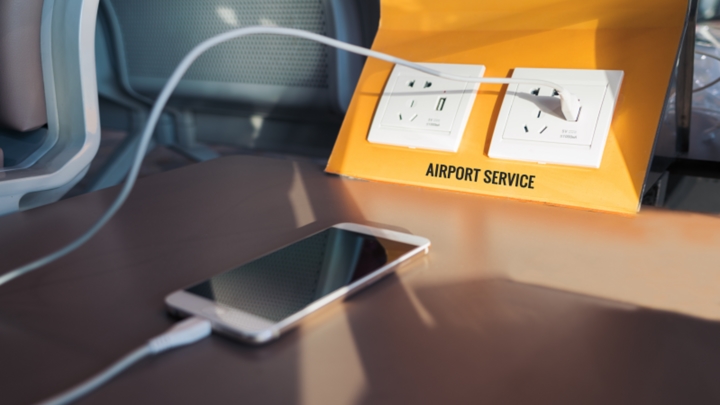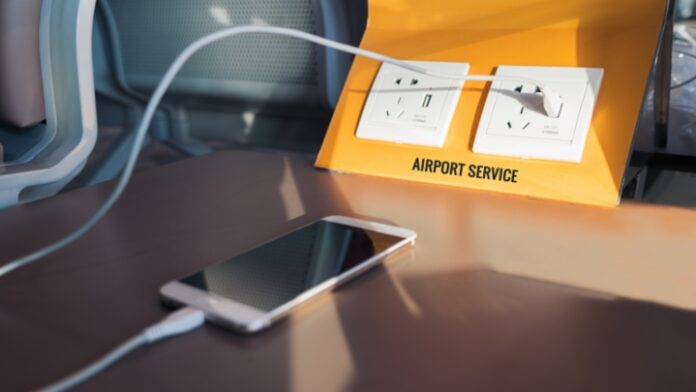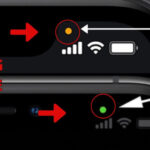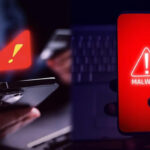While experts have long warned about threats such as public Wi-Fi connections, weak passwords, and various forms of online scams, a less-discussed danger also lurks: public USB charging ports.

Public USB charging ports pose a number of risks to users (Illustrative image)
These days, public charging ports are everywhere, from airports and coffee shops to libraries and even on planes and buses. They come to the rescue when our phones are running low on battery, especially when we need to send urgent messages or attend to work matters.
However, according to Xatak Android, when you charge your device using a public USB port, you expose yourself to an attack method called Juice Jacking – a technique that exploits the data transfer capability of the USB port to steal information or inject malware into the connected device.
The National Cybersecurity Institute of Spain (INCIBE) explains that Juice Jacking takes advantage of the dual function of USB ports: charging and data transfer. Malicious actors can interfere with public charging stations by installing modified hardware or software.
With hardware modifications, they can add or alter an electronic circuit that bypasses the security measures on smartphones, automatically stealing data and sending it to a remote server if the circuit has a Wi-Fi or Ethernet connection, or collecting data locally if the circuit has built-in memory. They can also preload malware onto the circuit to redirect the device to a private server and install malicious software.
In cases where charging stations provide cables, attackers might offer cables labeled as “charging only,” but in reality, they are modified to include a circuit that can bypass security protocols and illegally transfer data.
Once a device is compromised, hackers can steal any information stored on it, including email and social media accounts, passwords, and banking app data. They can also collect personal data such as contacts, photos, messages, and any other sensitive information. Additionally, users’ data is at risk if infected with ransomware, which demands a ransom to restore access.
INCIBE recommends that users refrain from charging their devices using public USB cables and ports. Instead, carry your own charging cable and power adapter, or use a portable power bank. Invest in cables that can block data transfer and be cautious of unfamiliar cables. On your smartphone, enable the “Charging only” mode to prevent data transfer while charging.
Additionally, consider using a wireless charging pad if your smartphone supports this technology. While this method may be slower, it eliminates the direct connection to the phone’s charging port. It’s also advisable to proactively protect your data by using strong passwords and two-factor authentication, being vigilant against phishing attempts, and regularly backing up your data.
If you suspect your device has been compromised, change your passwords, scan your device for malware, log out of important accounts, and change those passwords as well. Finally, as a last resort, you can perform a factory reset on your device if you believe it has been infected with malware.
The FBI also issued a similar warning last year, advising against charging phones or laptops at public stations due to the risk of malware infection.
“Plugging into a public USB port is a lot like finding a toothbrush on a sidewalk and deciding to stick it in your mouth. You have no idea what it’s been exposed to,” said Caleb Barlow, an expert from IBM, in an interview with CNBC.
According to VTC News
5 Warning Signs Your Phone May Be Infected With Malware and Data-Stealing Viruses
If you’ve noticed your phone’s battery draining faster than usual, or your mobile data disappearing at an alarming rate, it’s time to be vigilant. Immediately check your device for any suspicious or unknown software. It’s important to take action and ensure your phone is free from any potential threats that could be causing these issues. Keep an eye out for any unusual activity and take the necessary steps to secure your device and protect your data.
6 Warning Signs Your Laptop is Being Tracked – How to Stay Safe
Personal computers are a haven for our personal and work-related information, but they can also be a liability when it comes to privacy. It’s imperative to be vigilant and aware of the signs that your device may be under surveillance. With the right precautions and knowledge, you can protect your privacy and ensure your data remains secure.






































